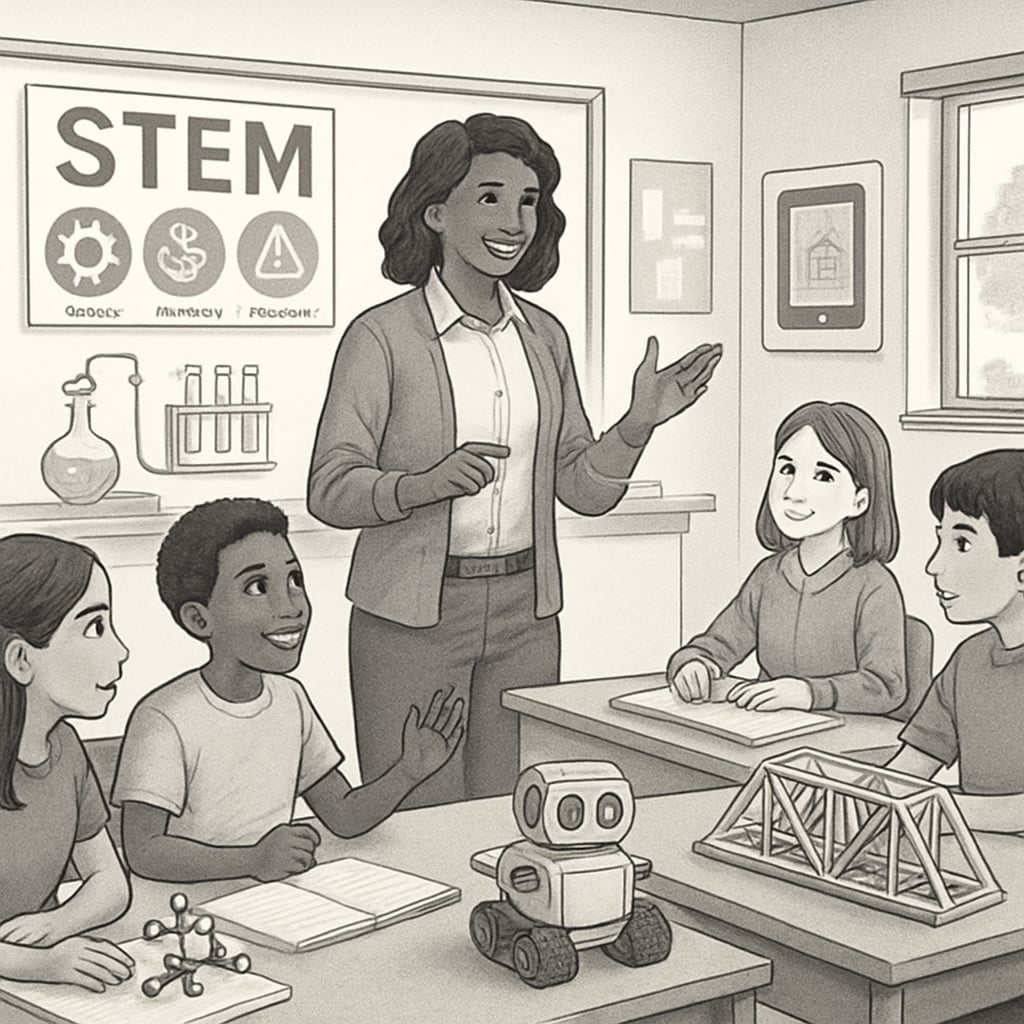The rapid expansion of education voucher programs, as seen in states like Arizona, is transforming the landscape of K-12 education in the United States. While these programs provide families with greater choice, they also create significant challenges for public schools, particularly in terms of student recruitment and funding. This article delves into the dual impact of education voucher policies, examines the strategies public schools are employing to adapt, and discusses the broader implications for the education system.
The Impact of Education Voucher Programs on Public Schools
Education vouchers, which allocate public funds to subsidize private or charter school tuition, have been hailed for promoting school choice and competition. However, their widespread adoption has led to decreased enrollment in public schools, as families opt for alternatives. This shift directly affects public school budgets, as funding is often tied to the number of enrolled students. For example, a report from Britannica highlights how voucher programs can divert resources away from public institutions, exacerbating existing inequities.

Strategies for Public Schools to Adapt
Public schools are implementing various measures to counteract the challenges posed by voucher program expansion. Some strategies include:
- Enhanced Marketing Efforts: Schools are investing in campaigns to highlight their unique offerings, such as specialized programs in STEM, arts, or athletics.
- Community Engagement: Building stronger relationships with local families to address concerns and showcase the value of public education.
- Innovative Curriculum Design: Introducing cutting-edge curricula and extracurricular activities to attract and retain students.
These efforts aim to improve student recruitment and demonstrate the competitive advantages of public schools in an increasingly diverse educational landscape.

Long-Term Implications for K-12 Education
The expansion of education voucher programs raises critical questions about the future of K-12 education in America. While proponents argue that vouchers increase access to high-quality education, critics warn of the potential for greater segregation and diminished support for underserved communities. According to Wikipedia, the debate centers on whether vouchers truly create equitable opportunities or simply redistribute resources without addressing systemic issues.
As a result, policymakers must carefully weigh the benefits and drawbacks of these programs to ensure that public schools remain viable and capable of serving all students, regardless of socioeconomic status.
In conclusion, the rise of education voucher programs presents both opportunities and challenges for the U.S. education system. While public schools face significant hurdles, proactive strategies and thoughtful policy discussions can help mitigate the negative impacts and foster a more balanced and inclusive educational environment.


